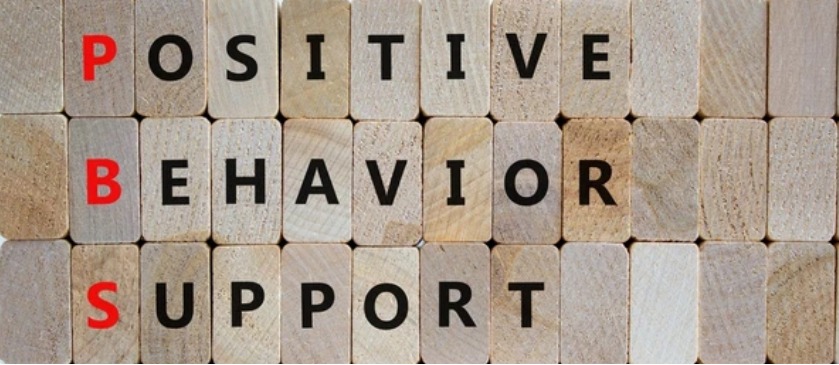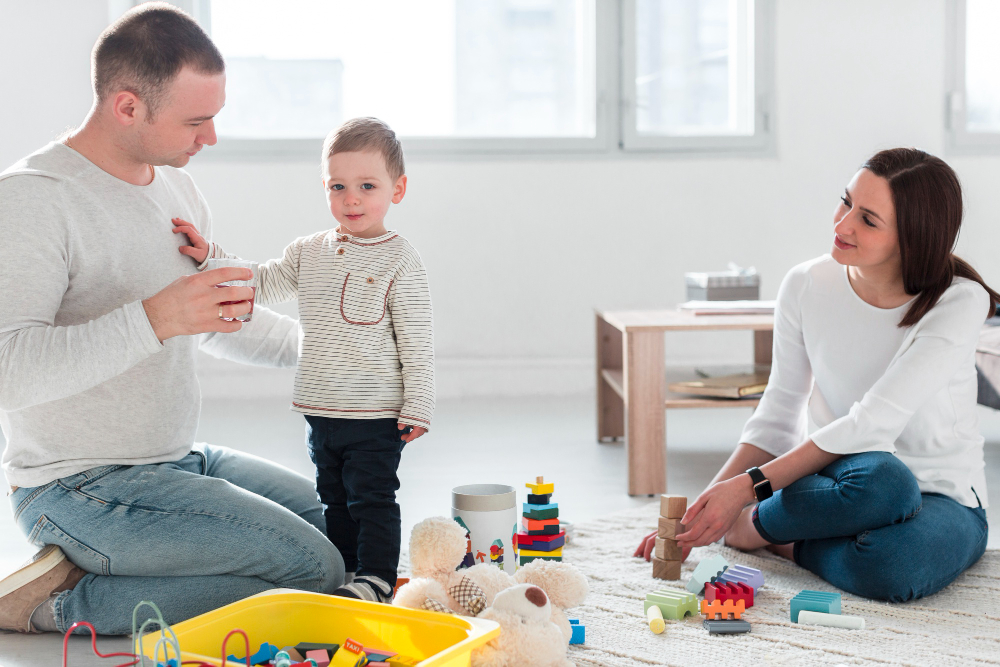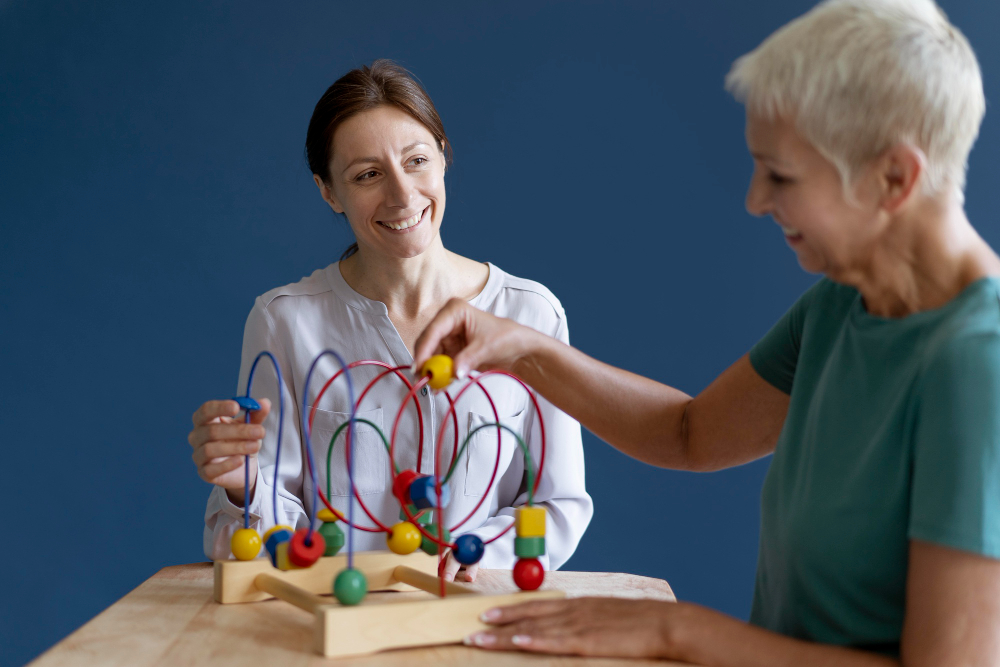There are several people around the world who suffer from mental illness and disabilities. Some communities work with these individuals and help them adopt positive behaviour. It improves their lifestyle and increases community inclusions. Most of these cases are detected during early childhood. Children are the future leaders of our nation. Guiding and moulding their future is the task of teachers. They need to focus on their academic excellence and thus, it is important to support them in making positive choices. When there is proper behaviour support and interventions, it becomes easy for educators to get rid of students’ disruptive behaviour which causes distractions during the teaching and learning process. But, what is positive behaviour support?
Positive Behavior Support (PBS)
PBS is a form of applied behaviour analysis. It uses a behaviour management system, this helps educators to evaluate an individual’s challenging behaviour and identify a process of changing it. Inappropriate behaviours of people are difficult to change. Such behaviours are functional and they always have a purpose behind their conduct to be justified. Most of these behaviours are supported by environmental factors. PBS is a holistic approach that looks for all the factors which have impacted an individual and his behaviour. Problematic behaviours may range from aggression, tantrums, to social withdrawal and property destruction. This approach is practised at different schools and has shown better student behaviour, with lower detention rates. According to this approach, it is said that students meet behaviour expectations only when they know what the expectations are. Therefore, it is important for educators to teach them a positive behaviour approach with patience and not punishment.
How does positive behaviour support work?
Positive behaviour therapy needs patience and a lot of research on a person suffering from disruptive behaviour. Here are a few key components of positive behaviour support:
1. Person-Centred Approach
A Person-Centered approach is deployed in Positive Behavior Support to identify an individual’s needs and goals. It also ensures his community participation, meaningful social relationships and the creation of valued roles that are respected by others. Apart from these, it provides greater opportunities for making positive choices and ongoing development of personal competencies.
2. Inclusion of Relevant Stakeholders
PBS focuses on an individual’s quality of life. It includes:
- Assessing who lives and works with the individual in various environments.
- Identify, plan, and implement the positive behaviour strategies.
But, it is only possible when the individual along with his relevant people are ready to participate actively in the process.
3. Assessment-Based Intervention
Now, the focus goes beyond an individual’s behaviour, towards emotional, social, cognitive, and environmental factors which contribute to his behaviour pattern. This assessment asks a few questions like:
- Which behaviour is to be concerned about an individual?
- When and where does he show such behaviour?
- What are the situations before and after these concerning behaviour?
- How has he developed such behaviour over time?
- What is the reaction of other people towards this behaviour?
- What is the reason for such behaviour?
4. Behaviour Support Plans
After making a complete assessment of the person, a Behaviour Support Plan is developed for the said person. This plan aims to improve the quality of life through skills acquisition changes and his social-environmental redesign. Behaviour Supporting Plans may involve making changes to an individual’s social environment. Also, improving communication and supporting positive relationships help them. The primary region of disruptive behaviour may be unmet life goals. It needs plans to clarify what they mean by such behaviour changes.
5. Avoid Punishments.
In most cases, these individuals suffer from social isolation, physical abuse and neglect. The appropriate positive support techniques must avoid all situations and statements that harm an individual dignity and invite strong negative reactions from others. PBS is a strong commitment to human rights that completely focuses on improving the quality of life of every individual.
6. Skill Building
An individual can develop skills in everyday living to meet potential gaps in society and get them engaged in meaningful activities. Skill-Development produces appropriate ways to communicate the individual’s needs to society and provides personal satisfaction across all diverse settings. Learning various skills help people with disabilities to lead better life.
7. Environment Changes
It is important to change some parts of the environment to help people with disabilities or disruptive behaviours. When a person is having a good fit in the environment they reside in, a certain change is observed in their behaviour. This may include a change in staff attitudes, ensuring an increased number of positive choices, etc.
Conclusion
All the behaviour support plans must be regularly monitored, to measure the changes in problematic behaviour, achievement of new skills, and improving lifestyles. There are several PBS teams working under NDIS to provide intensive behaviour support to people with disabilities and their families. In order to get help for negative behaviour, get in touch with Brilliant life Services, one of the most trustworthy NDIS approved disability support services.





